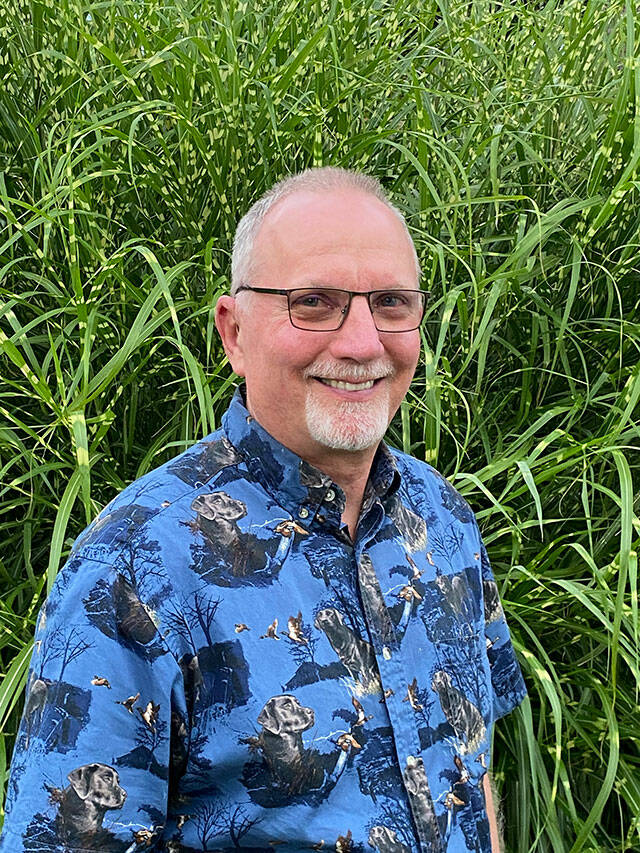What are “creed wars”?
It’s when people polarize into two camps. It doesn’t matter whether the people involved are politicians, religious fanatics, racists, or scientists. The effect is the same. Dogmatic statements become the norm. Being right becomes the goal.
Why does this occur?
According to Jonathan Rausch in his book, “The Constitution of Knowledge: A Defense of Truth”: “The whole problem is that humans have no direct access to an objective world independent of our minds and senses, and subjective certainty is no guarantee of truth.” In other words, just because a person is certain of something, that certainty does not guarantee truth.
What is the antidote to the plague of certainty?
According to Rausch there are two truth pills:
1) “The fallilbilist rule: No one gets the final say. You may claim that a statement is established as knowledge only if it can be debunked, in principle, and only insofar as it withstands attempts to debunk it.” In other words, “you must assume your own and everyone else’s fallibility and you must hunt for your own and others’ errors, even if you are confident you are right. Otherwise, you are not reality-based.”
2) The empirical rule: “No one has personal authority”: A statement has to be true, no matter the source of the statement. “If your method is valid only for you or your affinity group or people who believe as you do, then you are not reality-based.”
What’s the most effective way of coming to knowledge—to truth?
Rausch answers: “The great advantage of scientific investigation is not that it frames hypotheses and tries to claim them (everyone does that), but that it floats and falsifies hypotheses on an industrial scale, something no other system can do.” All knowledge comes from trial and error. And it’s a great deal quicker to show where something might be false than it is to try to prove something to be true.
There is truth, but it always has to be tentative. New information may change what truth is. Scientists and philosophers and average humans should not be afraid of making mistakes quickly and finding errors just as quickly.
What part do social networks play in discovering truth?
The way to discover reality is to open up one’s beliefs to as broad an audience as possible. The more people who examine a theory and critique it, the closer to the truth a society can become.
This was evidenced through development of the COVID-19 vaccines. When the data became available, results were published and critiqued.
“Only ten days after the new virus was first reported, scientists released its genetic sequence. Only twelve days after that, scientists at the National Institutes of Health published an analysis of how the virus invaded human cells. Only twelve hours later, a Chinese team, using samples of the virus, showed that the NIH team was correct…. The number of published papers grew from only one on January 21, 2020, to more than 100,000 a year later with no end in sight…. An accumulation of knowledge whose rate of increase seemed to rival that of the virus itself.”
Some broad principles can be gained from Rausch’s book:
1) We humans are incapable of cornering the truth by ourselves. We’re all fallible and prone to error. Therefore, we need to acknowledge this fact.
2) We need to understand that truth is truth, no matter the origin of the source.
3) Our job is to find ways to falsify—to find areas where hypotheses would not be true. Only through falsification can we discard errors quickly.
4) Reality-based evidence only comes through broad social networks with large groups of people who can and will try to debunk what we believe to be true.
5) Truth will emerge through debate and disagreement. The quicker we admit mistakes, the quicker we can arrive at the truth and at reality.
It sounds simple and it is, but we humans don’t like to have our closely believed creeds questioned and debunked. The result is a series of “creed wars” that continue to this day.
What creed war(s) are you currently involved in?



